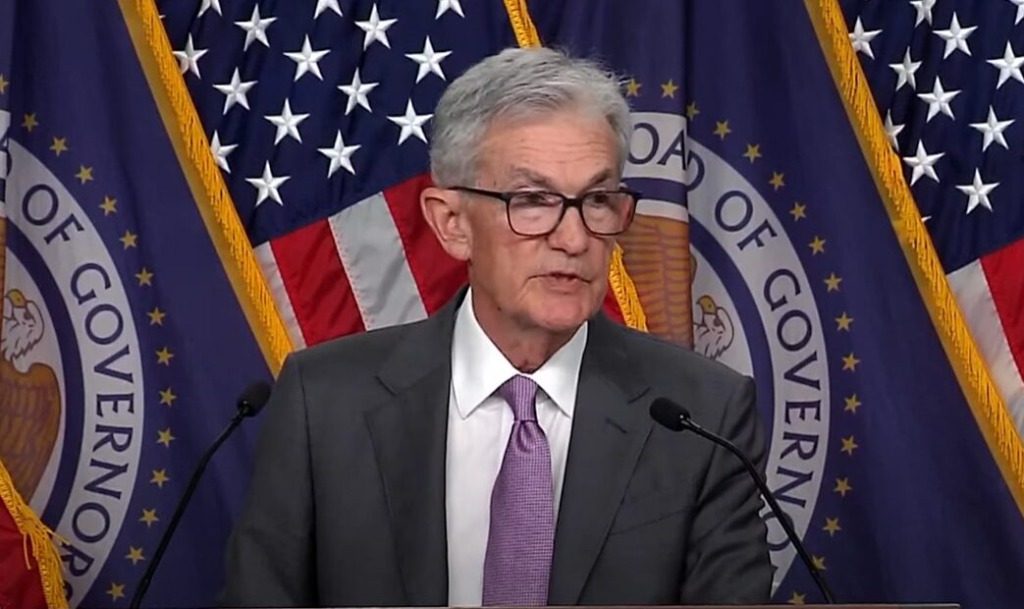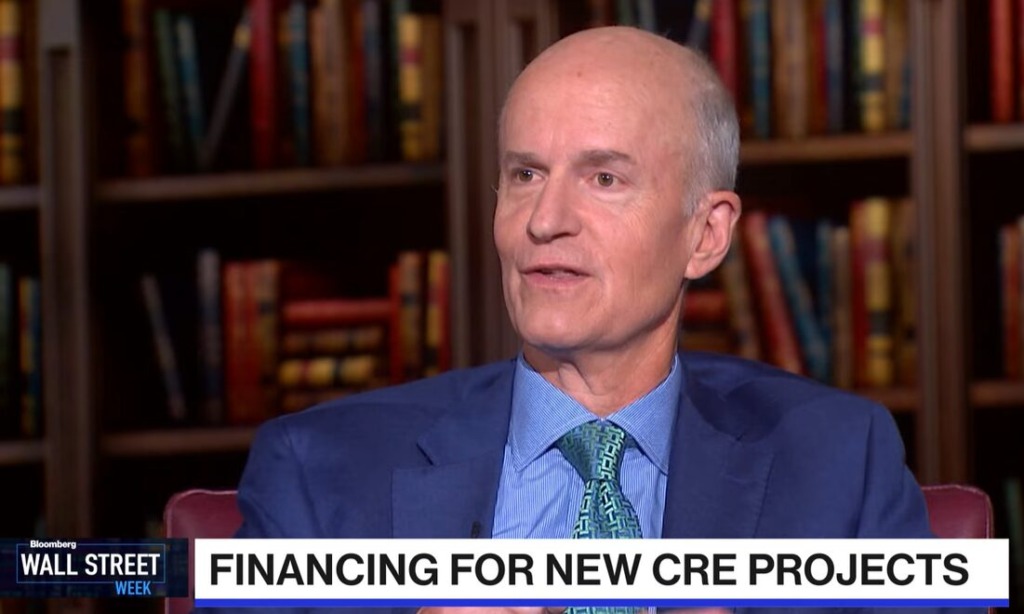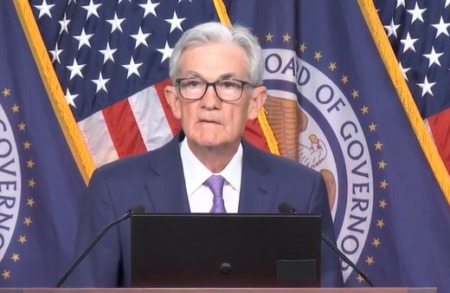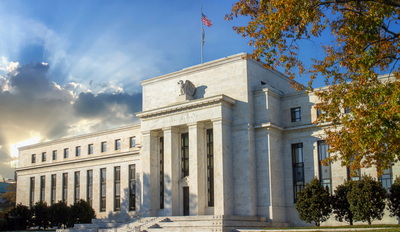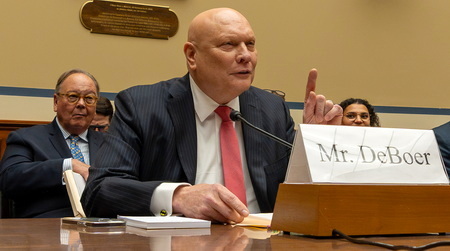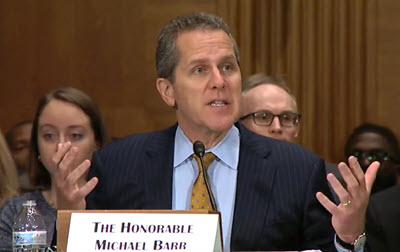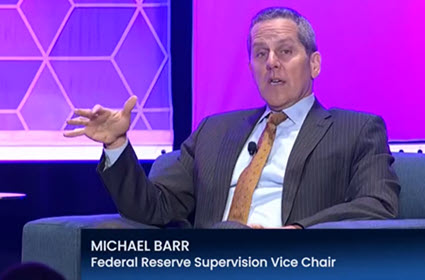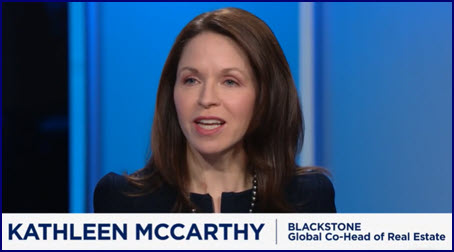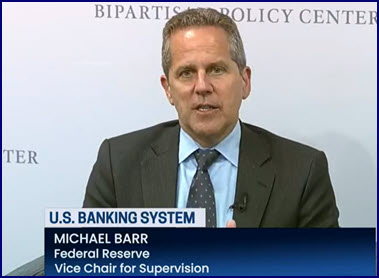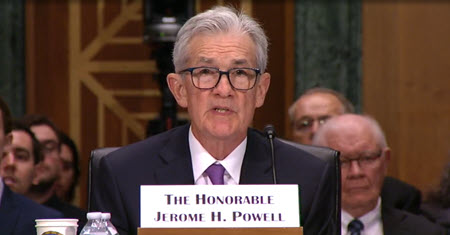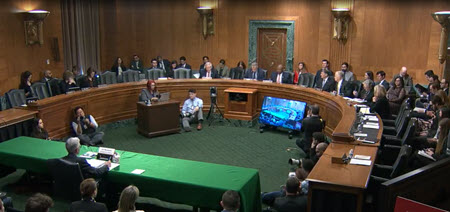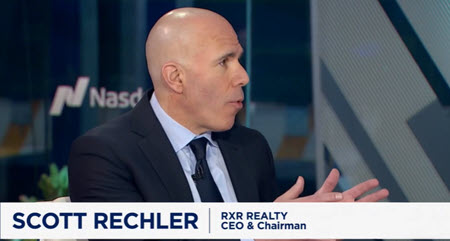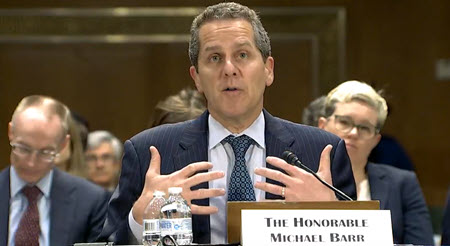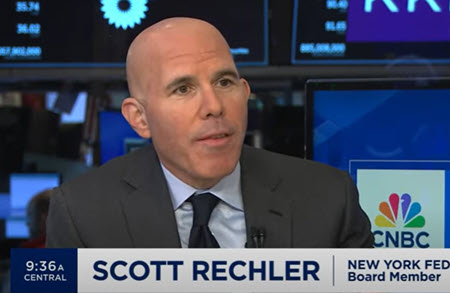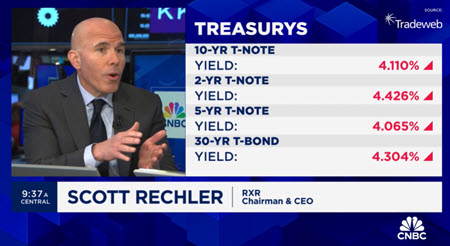
The Federal Reserve’s recent decision to cut rates renewed optimism in the commercial real estate market, following a prolonged period of high interest rates and economic headwinds. This monetary easing is seen as critical to the CRE sector’s path to recovery—reducing financing costs and helping stabilize property valuations.
Industry Insights
- The Summary of Economic Projections (SEP) report released last week forecast an additional half-point rate cut through two more quarter-point reductions over the next three months. (Roundtable Weekly, Sept. 21)
- These predicted rate cuts, alongside lower bond yields, are expected to boost commercial real estate investment activity and asset values. (CBRE, Sept. 18)

- Roundtable member Willy Walker (CEO, Walker & Dunlop) appeared on CNBC’s Squawk Box, to discuss the importance of removing barriers such as zoning restrictions to increase housing supply. “It’s going to be a very healthy market for commercial real estate as rates start to come down.” (Watch)
- Roundtable member David O’Reilly (CEO, Howard Hughes Holdings) discussed the resurgence of new construction in the housing market on Fox Business, anticipating that home prices will stabilize in response to interest rates cuts, influencing both demand and affordability. He also highlighted the effects of prolonged high rates on pricing and market trends. “As long as those rates continue to trend lower… demand picks up, more sales occur, prices will remain steady as home builders continue to deliver more supply to meet that demand.” (Watch)
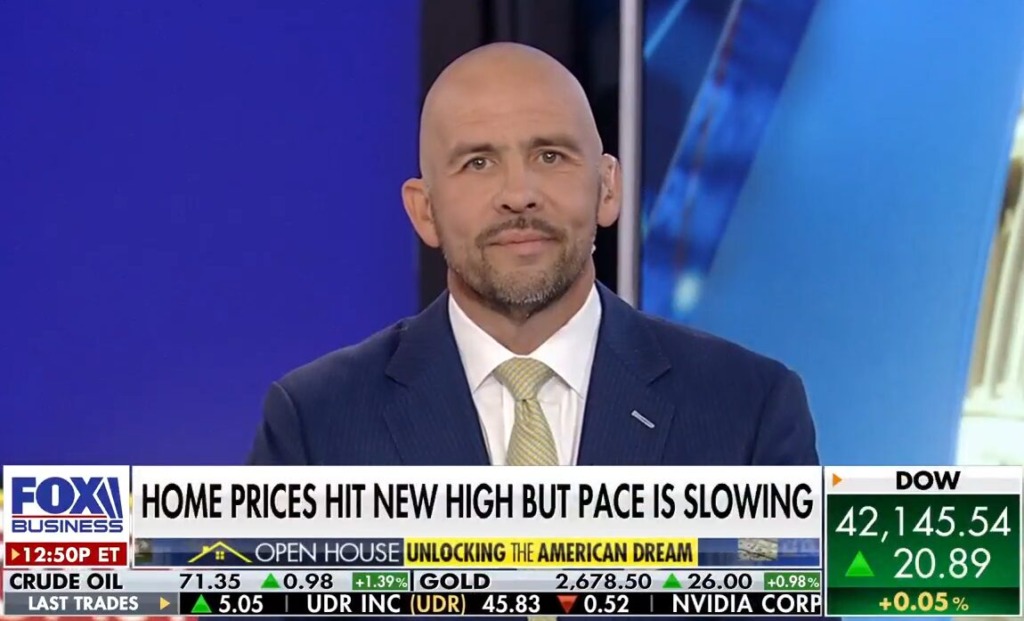
Housing Affordability at the Forefront
- The Senate Budget Committee, chaired by Sen. Sheldon Whitehouse (D-RI), held a hearing this Wednesday, Sept. 25, on housing unaffordability. The hearing focused on the need for significant policy reform to boost housing supply, remove regulatory barriers to new construction, and deregulate land use and zoning. (Watch Hearing)
- Chair Whitehouse introduced the Affordable Housing Construction Act, which aims to tackle the housing crisis by expanding the Low-Income Housing Tax Credit (LIHTC) program, loosening financing requirements, and ensuring affordability for 50 years— an increase from the previous 30-year mark. (Sen. Whitehouse News Release)
- The bill also pushes for more sustainable, energy-efficient, and accessible housing.
Rate cuts from the Fed are providing relief for both CRE and housing markets, but sustained recovery and resolution of the affordability crisis will require continued policy reform, increased housing supply, and greater collaboration between public and private sectors.
